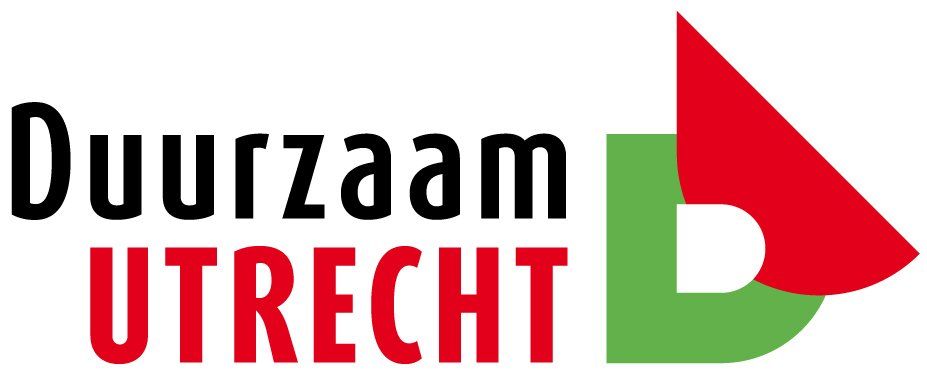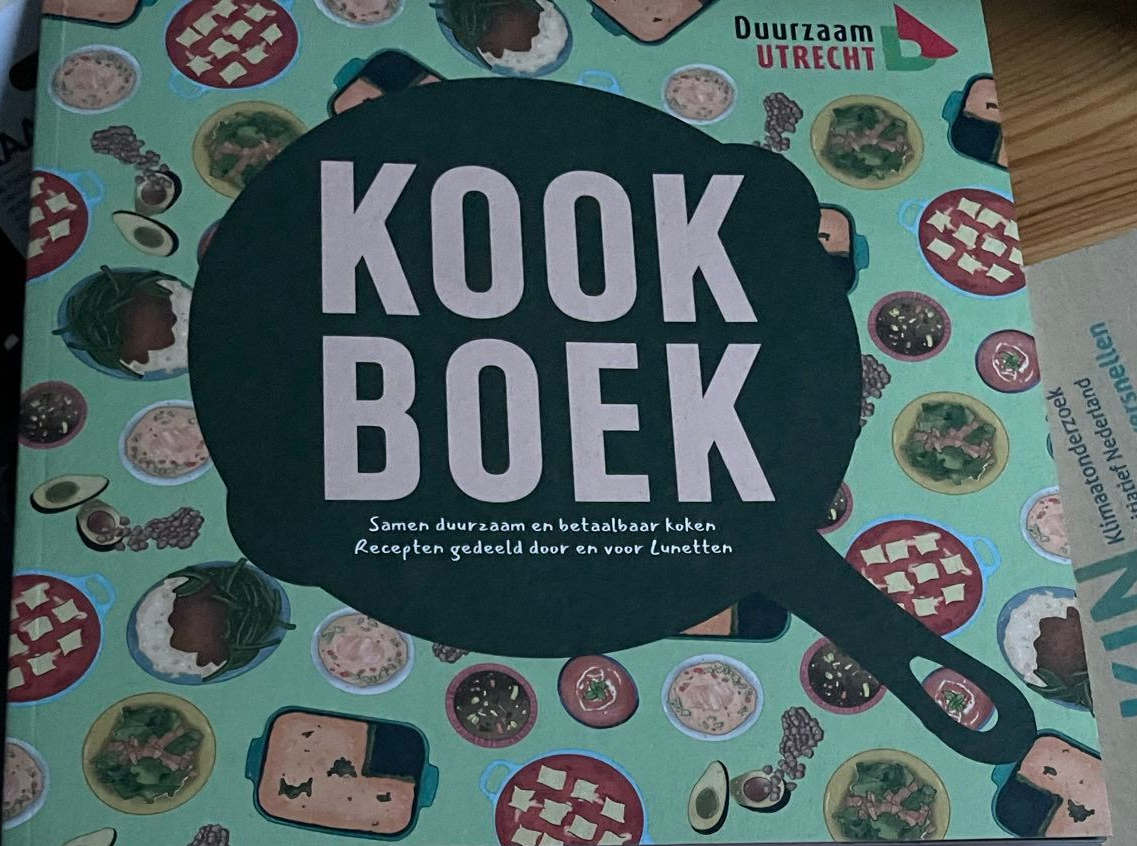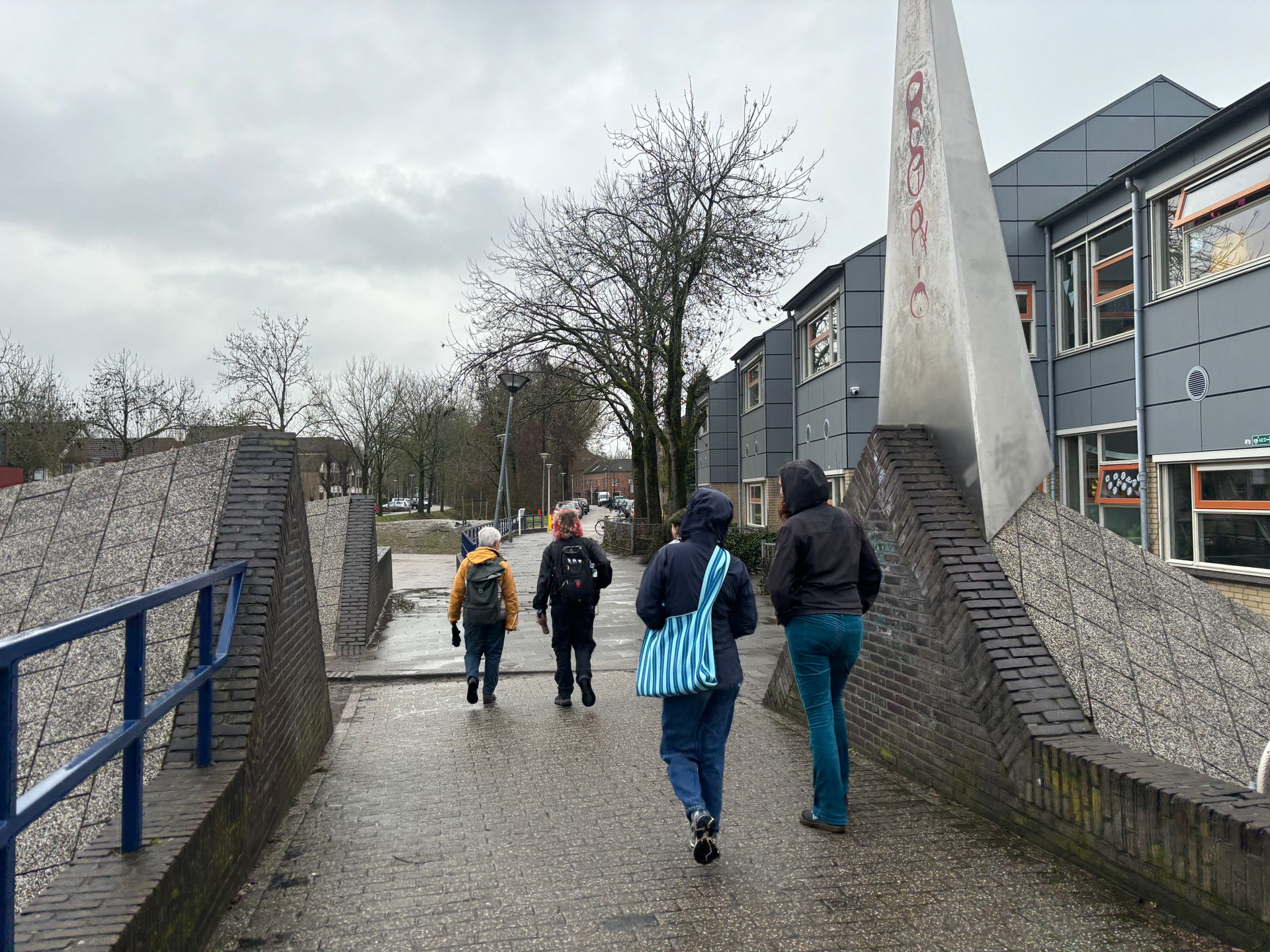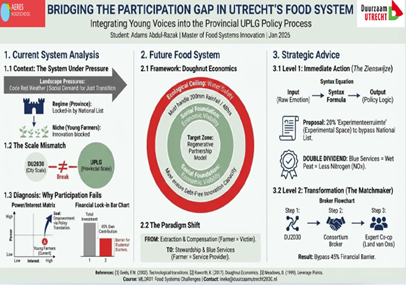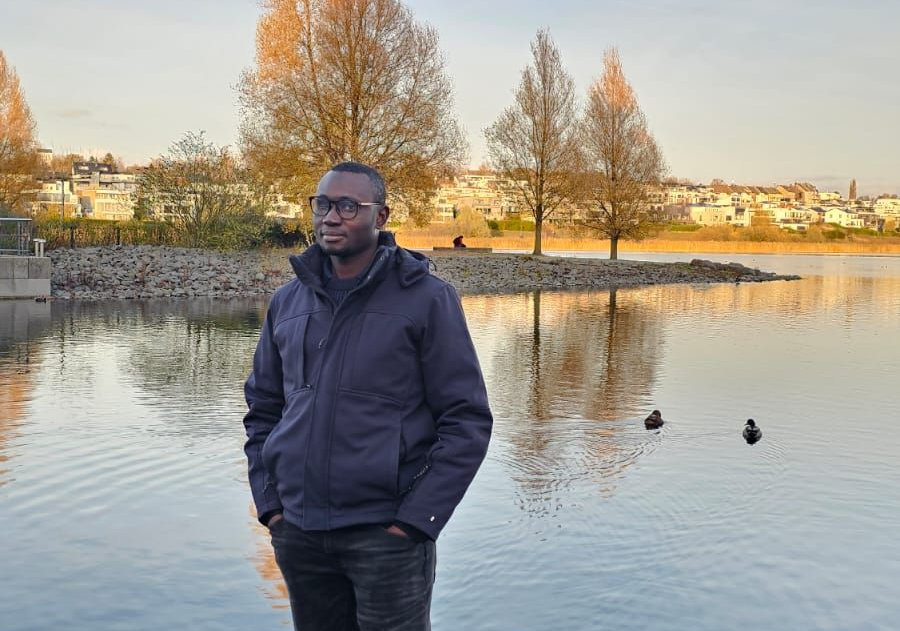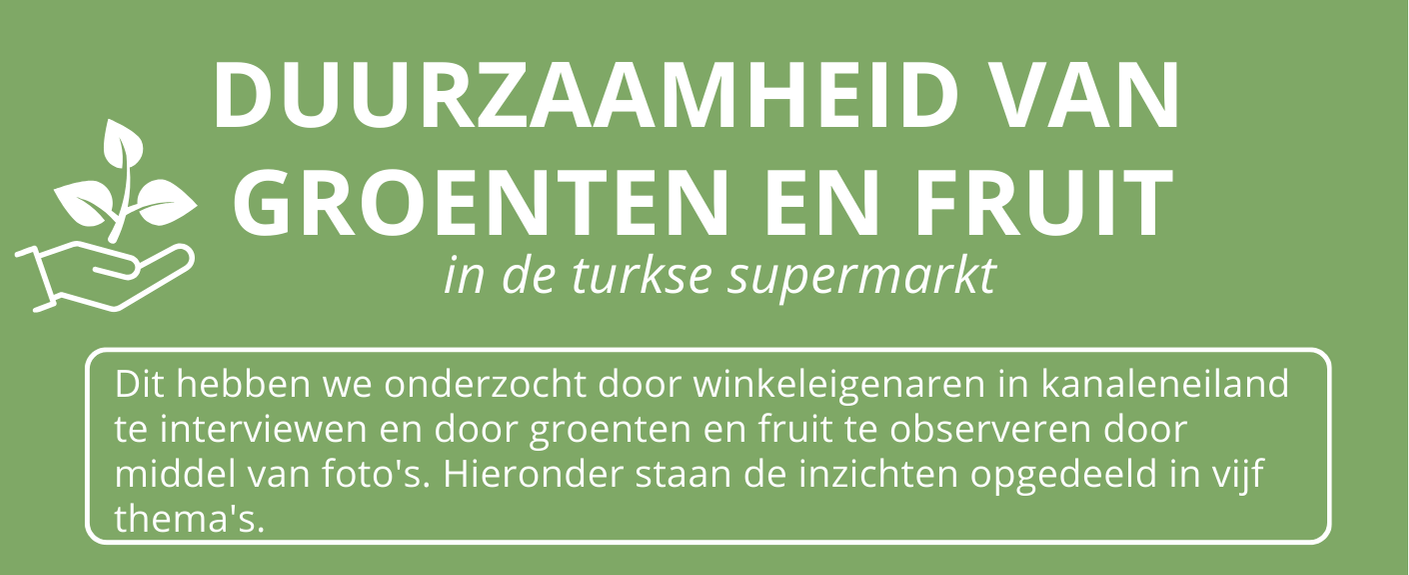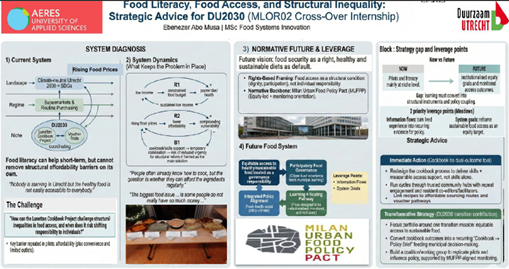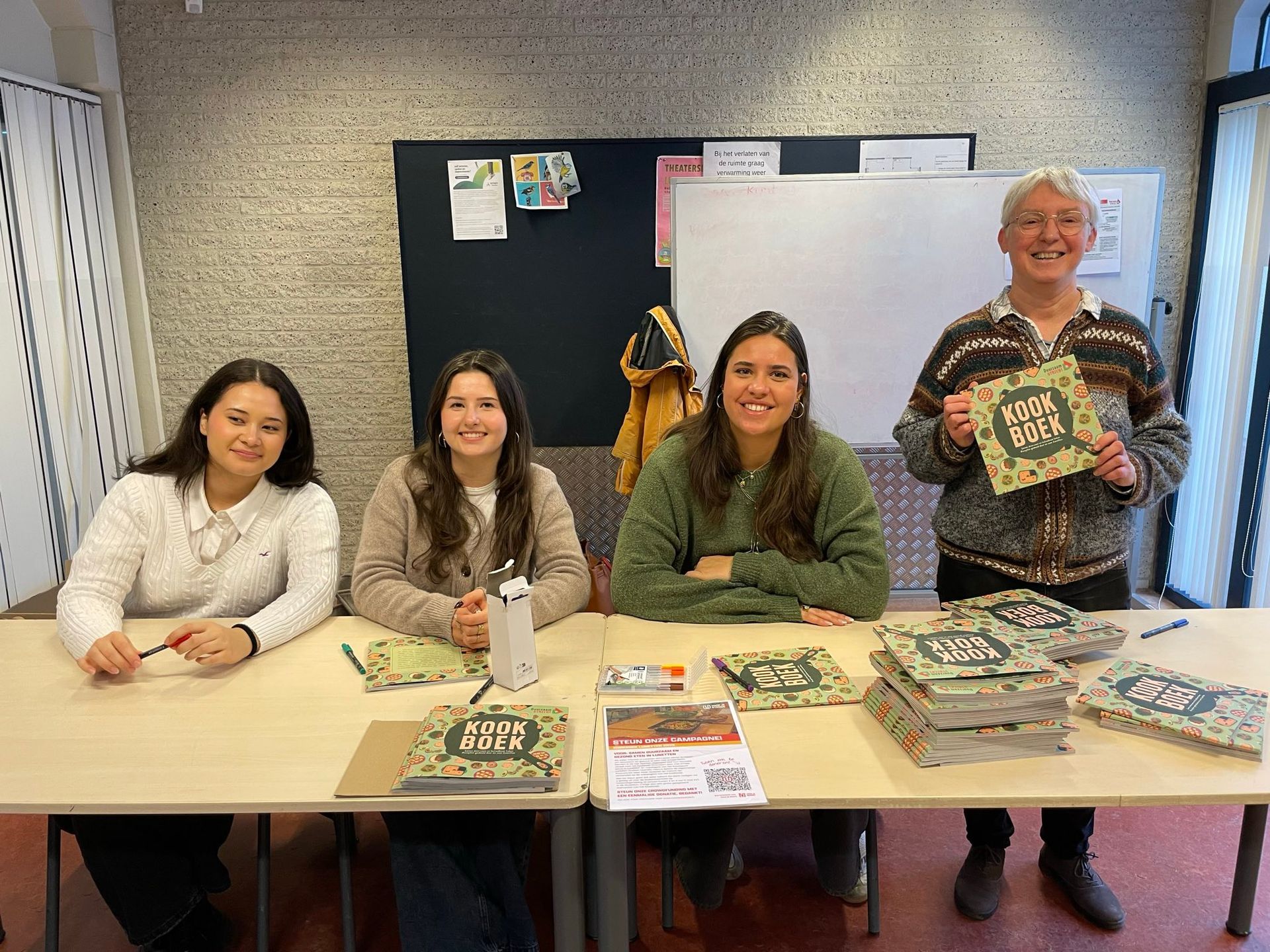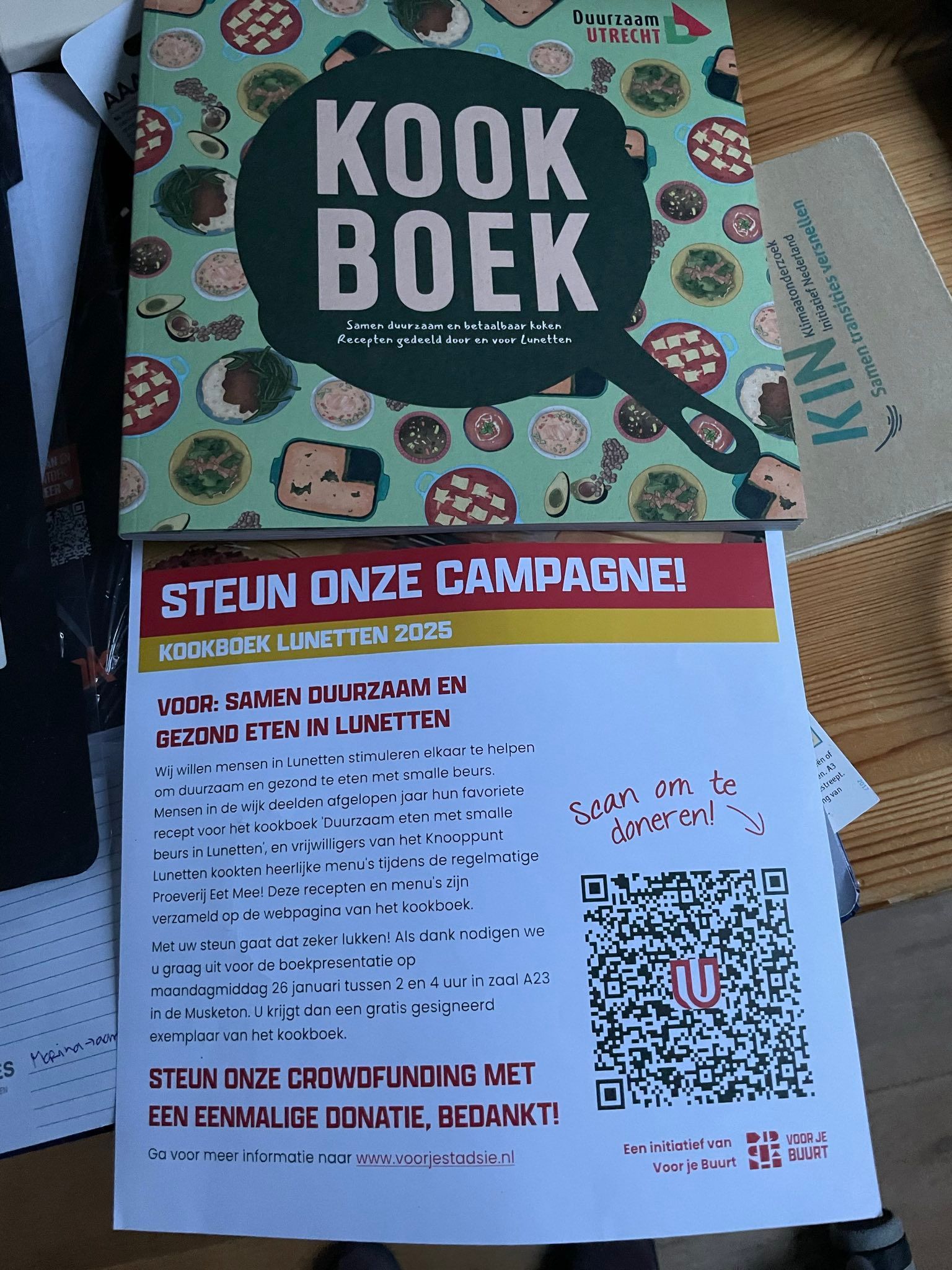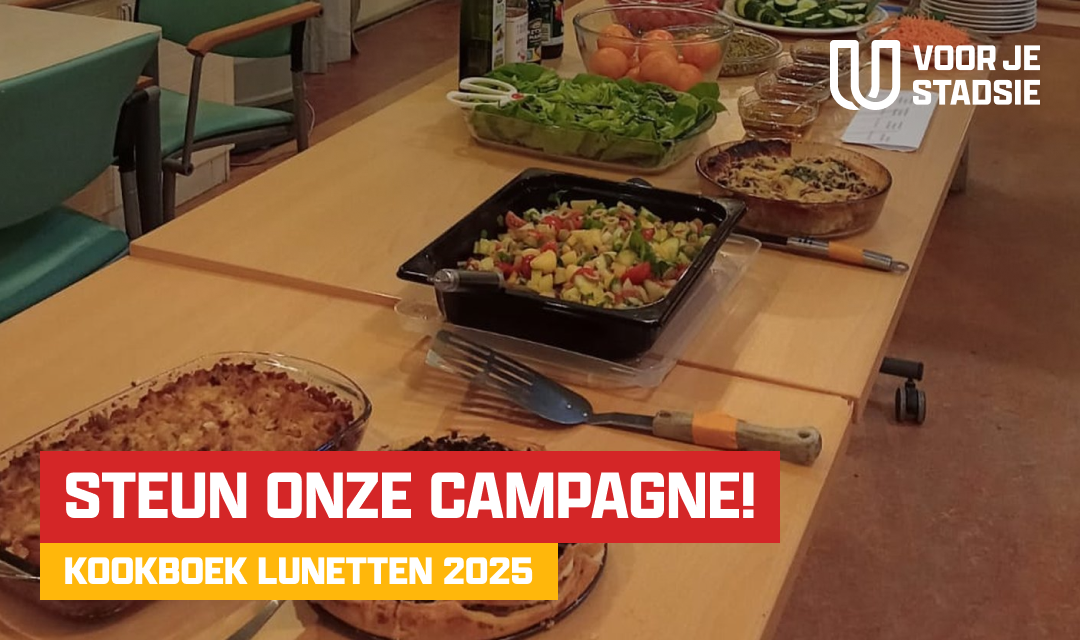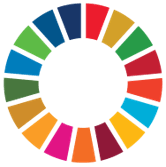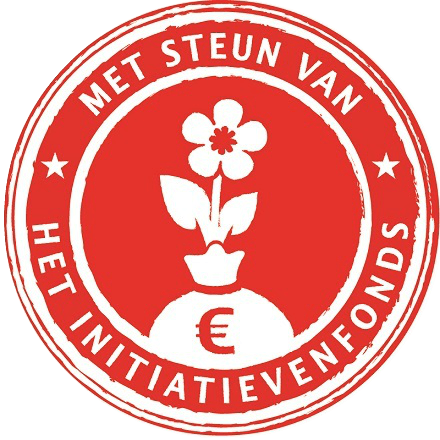Enable sustainable living on a tight budget
Report workshop 27-11-2023, Social Impact Factory aan de Gracht
Twenty people (11 f/9 m) brainstormed about three challenges to make sustainable living possible on a tight budget: organic food, social vegetable gardening and mobility poverty. Giulia Malisani opened the workshop with a short presentation about the mission and vision of Sustainable Utrecht 2030. She led an icebreaker, where participants introduced themselves and shared an Aha moment.
During an open stage, participants talked about what they or their organization contributed to sustainability and social justice in Utrecht. The Food Council in formation wants to combat the current fragmentation in municipal food policy by developing a holistic, green and social vision. They want to combat both the climate crisis and social inequality. Soon they will write a manifesto to connect the focus points on nutrition in the current council period. The Partij voor de Dieren is in opposition in the city council, and also focuses on a better food policy. De Buurtbuik cooks free meals from food that would otherwise be thrown away, where everyone is welcome to join. This brings local residents together. In Sustainable Utrecht 2030, a trial with subsidised organic groceries was carried out in Lunetten. A social entrepreneur creates a market garden in the city, on Kanaleneiland, a neighbourhood that is under social pressure. He enjoys gardening and growing food. The goal is to grow and sell food very locally. He is going to talk to the municipality about using open spaces in the city to grow food. Three students from Utrecht University are taking the course Knowledge for Society and would like to do an assignment for Sustainable Utrecht 2030. Two journalism students from the University of Applied Sciences Utrecht published an interview and an article about this workshop on the website of the University of Applied Sciences, and are curious. HovenHier is in contact with Straatboer in Zwolle, who are coming to Utrecht. They flip tiles into large gardens of social housing to create new community gardens. A visitor tries to live sustainably in practice. A Groen Links city councillor is working on sustainability in daily life and sustainable food, and is committed to the Sustainable Development Goals.
The participants brainstormed in three groups about organic food, social vegetable gardening and mobility poverty. Download the full report here.
Do you want to collaborate with us in enabling sustainable living with a low budget? Join us in the Domkerk on Friday 15 December, 16.00-18.00 hrs. Or contact ineke@duurzaamutrecht2030.nl.


